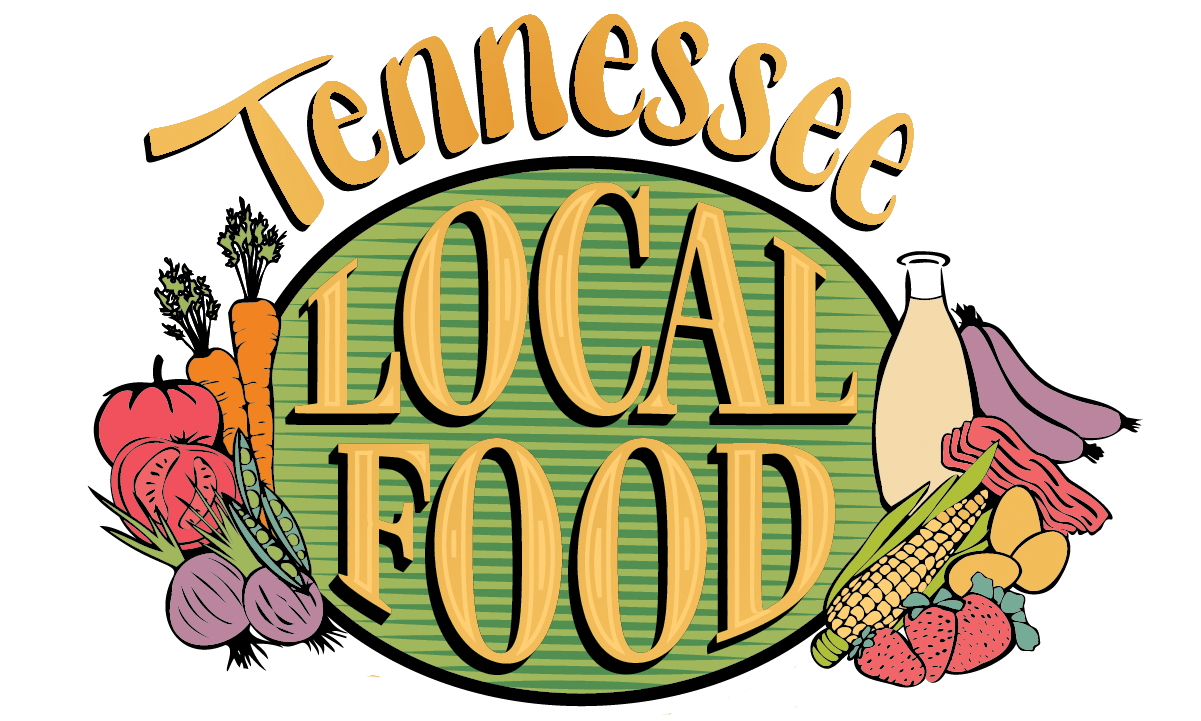Trevecca’s Jason Adkins Hopes to Inspire Urban Farming in Food Deserts
Tennessee Local Food Summit participants who attend speaker Jason Adkins’ workshop or tour Trevecca Urban Farm, will learn how Trevecca Nazarene University students are nurturing seedlings to replant in area low-income neighborhoods and community and school gardens, raising chickens for eggs and growing tilapia fish using aquaponic methods, just a few of the programs that are part of the school’s Center for Social Justice program whose mission is to help all people have access to healthy, affordable food.
Adkins, the university’s Environmental Projects Coordinator will speak at the summit’s December 7 10:45 a.m. workshop, “Exploring Environmental Justice Through Urban Farming in a Food Desert,” and the next day at 10 a.m. summit attendees will get to take a tour of Trevecca Urban Farm. The workshop will talk specifically about the farm’s practices and how it was incorporated in to a whole educational farm, the relationships they have with the community and farmers as well as how they are teaching the farm’s programs to locals and as to students as far away as to their sister university in Asia.
“I am happy to connect with local growers and people interested in eating, buying and growing good food,” said Adkins of speaking at the summit. “I want to share what part of that (local food) movement we are trying to inhabit in Nashville and hopefully inspire people to look at adopting some of the practices we found really rewarding.”
Other programs at Trevecca Urban Farm include students composting food scraps from the university’s food service to create mulch for their farm projects, a worm depository that creates fertilizers to nourish farm plants, helping to restore Brown’s Creek, planting fruit trees and bushes on campus and in the Chestnut Hill neighborhood, beekeeping, creating community and school gardens, and growing and deploying cleansing plants at local schools to increase better air quality.
“I hope people will go away from it inspired to participate in creating together a food system that works for the local landscape,” said Adkins. “This type of food shed, where people draw food, helps to recreate the local food culture.” He sees that in the last 70 years, a great amount of money and labor has been spent “building an extraordinary (food) system that has failed the people.” Some people have gotten wealthy from this type of system that in general has caused people’s health to fail and failed farmers, said Adkins. “The farming system has failed and needs to be repaired.”
The Center for Social Justice tries to advocate for people to become more interested in farming. “We need more farmers, more people on the land,” said Adkins. He said they want people, especially students, to equate farmers as having “honorable and viable vocations. We need to support it all the way up to the higher education so we get the kind of students who seek it in higher education who feel inspired to take up the vocation and make it so it’s economically sustainable.” The workshop will also talk about farm-to-school programs and the importance of people taking to young people about eating right and challenging them to grow their own food.
He is encouraged to see that more people are supporting local agriculture with the popularity of farmers’ markets, people creating backyard gardens, as well as restaurants using local food and more farm to school programs. “Supporting local farmers who grow great food for us, I really think is a critical piece in rebuilding middle Tennessee’s food culture,” said Adkins. He explains that when we are more involved in knowing about where our food comes from, we want to support one another and buy local. “We need to understand this is an important practice to cherish and spread. People have begun to make the connection and are putting their energy and money where their convictions have led them.”
Adkins reimagines a whole new farming system where we do not rely on prodigious amounts of petroleum that requires wars and ecological destruction. Rather he sees a “tastier, healthier future where we know and support people who grow our food with a future that is more transparent of how food is grown. Food that is environmentally sound and made with food justice. We have a lot to look forward to as we build this (the local food economy).”
The third annual summit begins Friday December 6 with a 6 p.m. reception at Sloco, 2905 12th Ave. S., Nashville, TN 37204. The workshops on Saturday, December 7 begin at 9:00 a.m. December 7 at the Boone Business Building at Trevecca Nazarene University, 333 Murfreesboro Road, Nashville, TN 37210, and include a chef-made lunch. Saturday night at 6 p.m., Corsair Distillery will host summit attendees for a farm-to-table dinner and entertainment by indie rocker Will Kimbrough. Sunday, December 8, at 10 a.m., it’s back to Trevecca for a tour of the aquaponics operation followed by a tour of Delvin Farms greenhouses at noon. The full price of the three-day summit is $100 per person but discounts and single event tickets are also available. For more information about the Tennessee Local Food Summit, go to tnlocalfood.com. To learn more about Jason Adkins and the Trevecca Urban Farm go to tnurbanfarm.org.
by Heather Foust
